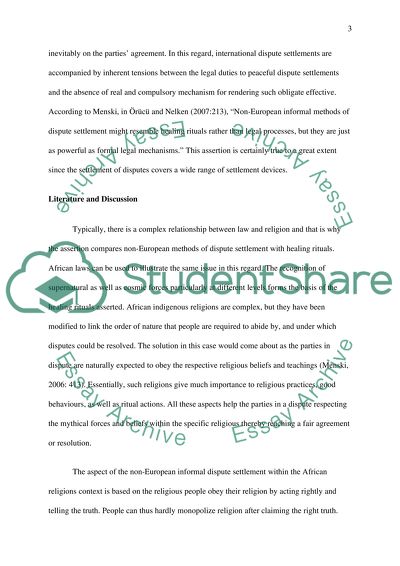Cite this document
(“M13 Comparative Law in a Global development Context Essay”, n.d.)
Retrieved from https://studentshare.org/human-resources/1678638-m13-comparative-law-in-a-global-development-context
Retrieved from https://studentshare.org/human-resources/1678638-m13-comparative-law-in-a-global-development-context
(M13 Comparative Law in a Global Development Context Essay)
https://studentshare.org/human-resources/1678638-m13-comparative-law-in-a-global-development-context.
https://studentshare.org/human-resources/1678638-m13-comparative-law-in-a-global-development-context.
“M13 Comparative Law in a Global Development Context Essay”, n.d. https://studentshare.org/human-resources/1678638-m13-comparative-law-in-a-global-development-context.


